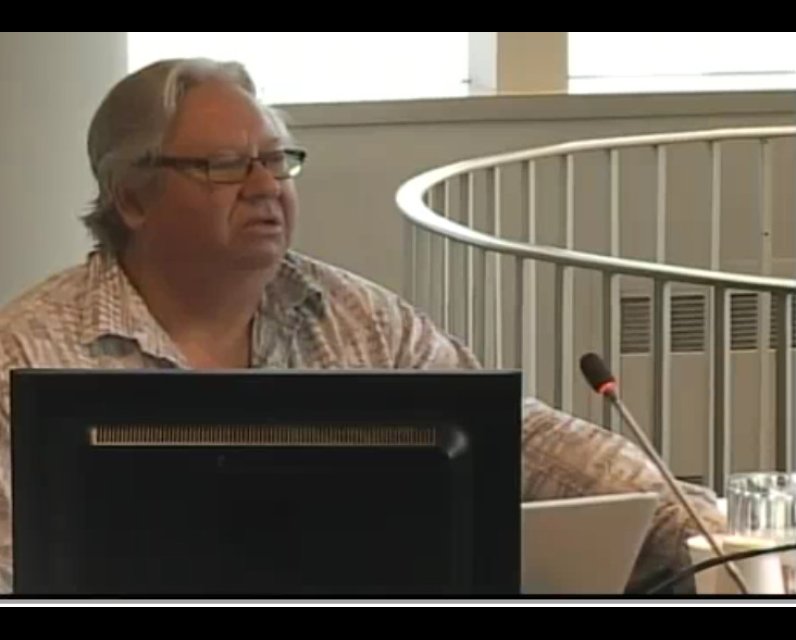Unpublished Opinions
Paul Strome’s Bio
Paul has two adult daughters and he has lived with First Nations, Inuit and Metis for a significant part of his life. After graduation from the University of Waterloo in Anthropology, he worked in the Northwest Territories/Nunavut as an educator, so he experienced the culture, language, and geographic parameters with indigenous people for 12 years. He has seen first hand how indigenous people of Canada are treated. This impassioned him to petition the government at every opportunity to bring about the United Nations Declaration of the Rights of Indigenous People.
After he moved to southern Ontario as an educator, he ran the extra-curricular Outdoor Education Club in addition to his classes, in one of the largest high schools in Canada training and taking students on canoeing, hiking, climbing, snow-shoeing and dog-sledding expeditions. He has canoed/kayaked many of Canada’s Heritage Rivers and has lived in or travelled to every province and territory in Canada which has broadened his concerns about environment and social concerns. These experiences have intensified his deep-seated love and admiration for Canada.
As an elder and David Suzuki Ambassador he has championed the Blue Dot Movement in Unama’ki and in recent years was the Atlantic Regional Representative for the Council of Canadians. He collaborates and networks for the common good with other like-minded organizations. He is well-known as an environmentalist/social activist throughout Unama’ki (Cape Breton Island) and beyond. He has met personally with many municipal, provincial and federal politicians to encourage them to adopt sustainable environmental and social changes to address climate change. He has also done the same at schools, community colleges, libraries, community halls and Cape Breton University.
Paul Strome: The Truth About the Carbon Tax

I want to praise Rankin Macdonald for his editorial in last week’s Oran titled “We’re a Sorry Lot”. He is bang on. Some politicians who are NOT in the know about the science behind climate change are politicizing the issue and filling the air with more hot air than substance.
The goal of the Climate Action Incentive Program is to offset the cost of the fuel charge and put some money back in your pocket. It’s meant to be an incentive to drive less and pump less CO2 into the atmosphere. This encourages drivers to make a list and accomplish more than one chore in a trip, or coordinate your travels with a passenger. It will encourage drivers to purchase electric or hybrid vehicles. It encourages people to switch to heat pumps and other heat-saving technologies to heat their homes. Governments will even provide financial incentives for people to make those conversions.
If you don’t switch away from fossil fuel use or use less, you still get back the rebate, which for most families is more than the initial cost. The tax is just a price signal and the rebate is there to make sure you’re not worse off financially. 80% of eligible Canadians are receiving the rebate. The wealthy and non-tax paying Canadians (ie, tourists) are not eligible.
The Canada Carbon Rebate can't be claimed as a lump sum refundable tax. Instead, you'll receive tax-free payments in April, July, October, and January so long as your income tax is up to date with the Canada Revenue Agency and you meet the basic requirements, which are simple and straight forward. A few people I have talked with about the Climate Action Incentive Canada have received a little over $200.00 every quarter which amounts to over $800.00 for the year. The rebate amount will go up as the carbon tax increases. It is now at $80 per ton, and will climb to $170 per ton by 2030. 3 provinces are exempt - BC, Quebec and North West Territories - because they have their own carbon reduction plan which met federal standards when this was implemented.
Over 200 Canadian economists support carbon pricing as having minimal economic impact, being a benefit to the climate, being the cheapest way to deal with climate change, and have confirmed that most families get more money back. Numbers you may be hearing quoted from the Parliamentary Budget Officer’s (PBO) report confirm that the impact on inflation is a fraction of a percent.
Many politicians however, are demanding the tax not be increased due to inflation. References to numbers on the “costs to the economy” are misinformation and used out of context. They don’t offer any plans for addressing the costs of climate change, which is in the billions. The other issue that is not being addressed by these individuals is the benefits of a green economy which absolutely everyone should be working towards given the current global predictions.
CO2 is a pollutant in the case of climate change and human caused CO2 causes climate change. No, volcanoes are not to blame for more emissions than humans. Humans emit 100 times more CO2 cumulatively than volcanoes. When it comes to Canada’s wildfires last year it was NOT arson that was to blame. The climate crisis made the number and intensity of Canadian wildfires twice as likely as the forests were parched and dry far beyond normal. Finally, Canada’s forests haven’t absorbed more carbon than they’ve released since 2001.
Blaming other countries for climate change overlooks both Canada’s high per capita emissions and historical emissions that continue to contribute to the climate crisis. We won’t inspire others to do more on climate change if we continue to contribute a great deal more emissions per person than they do.



Comments
True enough Paul. As soon as a majority of Canadians are in a net-gain position, the carbon tax won't be needed. Its about changing behaviour and doing what we can to preserve life on planet earth.